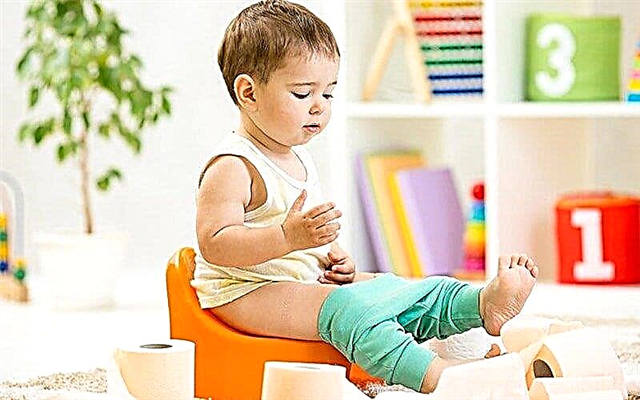
If parents drink aromatic coffee for breakfast, it is quite natural that kids have a desire to try an invigorating drink. At what age can you offer it to a child, how can such a drink affect the body of children and in what cases is it absolutely impossible to give it to children?
Effect on the body
Due to the presence of caffeine and other active substances, the product has the following effect:
- Exciting effect on the work of the nervous system. Thanks to this effect, a cup of coffee enhances activity and concentration, eliminates fatigue.
- Excretion of fluids and some nutrients from the body. The diuretic effect affects the absorption of minerals and vitamins.
- Strengthening the intensity of metabolism.
- Effect on the region of the brain responsible for breathing. Thanks to this effect, coffee relieves asthma.
- Protection of the body from the harmful effects of the environment due to the high content of antioxidants.
- Activation of the digestive tract. It speeds up the digestion process, normalizes bowel function, activates the secretion of gastric juice.
- Reducing the risk of caries.

Benefit
With moderate and reasonable consumption, coffee can have such a positive effect on the body:
- To activate the work of the brain.
- Improve memory.
- Eliminate the feeling of tiredness.
- Increase attention.
- Help wake up faster in the morning.
- Improve physical activity.
- Reduce the harmfulness of radiation exposure.
- Normalize digestion.
- Improve your mood.
What is harmful and even dangerous?
Despite its beneficial properties, coffee has the following negative effects:
- Drinking this drink helps to eliminate calcium from the body. This threatens with problems in bone formation and deterioration of the heart.
- Due to the excitation of the central nervous system, it impairs sleep and affects the behavior of the child. The nervous system, due to frequent use, works unbalanced. Periods of vigor give way to times of loss of strength.
- Affects hormone balance, which can damage adolescent puberty.
- There is a diuretic effect, while in the urine the child loses minerals that are important for his body.
- Affects the work of the heart, increasing the frequency of contractions, which is already higher in children than in adults. Because of this, early consumption can adversely affect the cardiovascular system.
- Coffee is addictive. If you constantly drink it, and then refuse, a depressive mood, loss of strength, irritability, fatigue appears.

Who shouldn't drink: contraindications
Drinking the drink is not recommended for:
- Increased pressure.
- Peptic ulcer disease.
- Liver disease.
- Kidney disease.
- Enurese.
- Tuberculosis.
- Vision problems.
- Insomnia.
At what age is it allowed?
Regular consumption of this aromatic drink is recommended for at least 14-16 years of age. You can try coffee in a weak form a little earlier (from 10 years old), but at the same time you should drink it no more than 1-2 times a month.
How much can you drink?
From 14-16 years old, it is permissible to consume 1-2 cups of coffee a day. At the same time, doctors do not advise drinking it daily, since the body gets used to the active substances of this drink. In addition, it is advisable to dilute it 1: 1 with milk or cream.

Tips
- Do not give your child instant coffee, as it does not contain nutrients (acids, vitamins) compared to a beverage made from beans.
- It is best to prepare a drink with light to medium roasted beans or ground coffee.
- You should not take heavily roasted beans for the drink you offer to your teenager, as they have additional bitterness.
- It is not recommended to prepare a green coffee drink for a child, as its effect on the nervous system is more pronounced.
- Serve with milk to reduce the negative effects on the stomach.
- Having offered it to the child for the first time, carefully observe the reaction of his body to a previously unfamiliar product. If your child develops nausea, trembling limbs, severe pallor, rapid breathing, headache, or other negative symptoms, contact your pediatrician right away. Such a reaction may indicate the presence of individual intolerance or latent diseases.
- Coffee is not the best breakfast drink. Don't give it after dinner either. The best time for an invigorating drink is a morning snack.
- If a child under the age of 14-16 is interested in coffee and constantly asks for a try, offer him a drink made from chicory or coffee made from barley. These are harmless, caffeine-free drink options with a similar flavor.
- If you want to treat a child with a caffeine-free version of coffee, its amount should still be limited, because in addition to caffeine, such a drink also includes other active ingredients that should not enter the child's body in excess.
Remember that caffeine is also found in tea and chocolate, so you shouldn't abuse such products in childhood either.


For information on whether to give coffee to a child, see Dr. Komarovsky's program.
Find out if your child's weight is normal using the following calculator.



